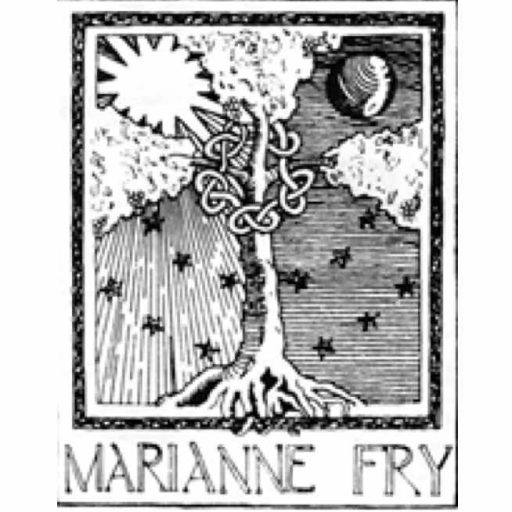However we define ‘existentialism’, there is a core concern which engages not only philosophers but also novelists, playwrights and painters whose work reflects the philosophy, as well as many of the rest of us who are simply living our lives in the world as best we can. I call this concern ‘the existential dilemma’, referring to the tension which exists in people’s experience between being apart from other people (e.g. single, alone, feeling different) to being a part of others (e.g. attached, in relationship, together with others).
Our birth is our first Hello. Our death is our final Goodbye. In between these two ‘lonely’ acts, we live in and with the tension of the existential dilemma, with all the hellos we exchange, and all the goodbyes.
In my own case, I said Hello to my youngest son at his birth. Fourteen years later, he said Goodbye to me as he died of leukaemia. I then spent some twenty-five years saying Goodbye to him… and I am still not sure that my long goodbye is fully and finally expressed. Maybe on my own deathbed I will be able to finish my mourning.
In his lecture Seán explored the dilemma as it plays out in our lives and in the significant meetings and partings that we experience. What we do at these times, including how we die or respond to another’s death, turns out not to be just a matter of individual choice, but is affected by how others around us act and react. Even in cultures which like to assume that the person controls her own destiny, this does not tally with the complexity of what happens. Embedded as we are in different social environments, we find that in an individualist culture, being apart from appears to resolve the dilemma; whereas in cultures with a strong family or collectivist ethos, the attempted resolution is more likely to involve being a part of.
The afternoon experiential session continued the morning’s themes.

Seán Gaffney is Irish by birth, culture and conviction. He lived in England and Scotland for a combined total of seven years, and has been a resident of Sweden for over thirty-six years. He has a diploma in Gestalt therapy from the Gestalt Academy of Scandinavia, and a diploma in Gestalt Organisation Development from the Gestalt Institute of Cleveland. He is a full member of the New York Institute for Gestalt Therapy, the Gestalt International Study Center (Cape Cod) and the European Association for Gestalt Therapy. He was/is also a senior lecturer in cross-cultural management and international organisational behaviour at The Stockholm School of Economics, Sweden; The Business School at Bocconi University, Milan, Italy and the School of Economics, Riga, Latvia. He has published two books, and is currently working on a third.
Text originating in 2012 lecture
The text contains details of the music played in the lecture.
« 2011: Mary-Jane Rust "Double Vision? The Gestalt of Our Environmental Crisis"
 Marianne Fry Lectures
Marianne Fry Lectures